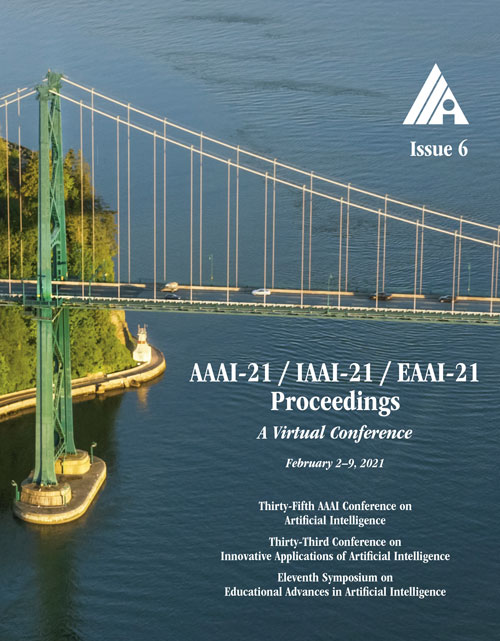Bayesian Persuasion under Ex Ante and Ex Post Constraints
DOI:
https://doi.org/10.1609/aaai.v35i6.16648Keywords:
Mechanism DesignAbstract
Bayesian persuasion, as introduced by Kamenica and Gentzkow in 2011, is the study of information sharing policies among strategic agents. A prime example is signaling in online ad auctions: what information should a platform signal to an advertiser regarding a user when selling the opportunity to advertise to her? Practical considerations such as preventing discrimination, protecting privacy or acknowledging limited attention of the information receiver impose constraints on information sharing. We propose a simple way to mathematically model such constraints as restrictions on Receiver's admissible posterior beliefs. We consider two families of constraints - ex ante and ex post; the latter limits each instance of Sender-Receiver communication, while the former more general family can also pose restrictions in expectation. For the ex ante family, a result of Doval and Skreta (2018) establishes the existence of an optimal signaling scheme with a small number of signals - at most the number of constraints plus the number of states of nature - and we show this result is tight. For the ex post family, we tighten the previous bound of Vølund (2018), showing that the required number of signals is at most the number of states of nature, as in the original Kamenica-Gentzkow setting. As our main algorithmic result, we provide an additive bi-criteria FPTAS for an optimal constrained signaling scheme assuming a constant number of states of nature; we improve the approximation to single-criteria under a Slater-like regularity condition. The FPTAS holds under standard assumptions, and more relaxed assumptions yield a PTAS. We then establish a bound on the ratio between Sender's optimal utility under convex ex ante constraints and the corresponding ex post constraints. We demonstrate how this result can be applied to find an approximately welfare-maximizing constrained signaling scheme in ad auctions.Downloads
Published
2021-05-18
How to Cite
Babichenko, Y., Talgam-Cohen, I., & Zabarnyi, K. (2021). Bayesian Persuasion under Ex Ante and Ex Post Constraints. Proceedings of the AAAI Conference on Artificial Intelligence, 35(6), 5127-5134. https://doi.org/10.1609/aaai.v35i6.16648
Issue
Section
AAAI Technical Track on Game Theory and Economic Paradigms

